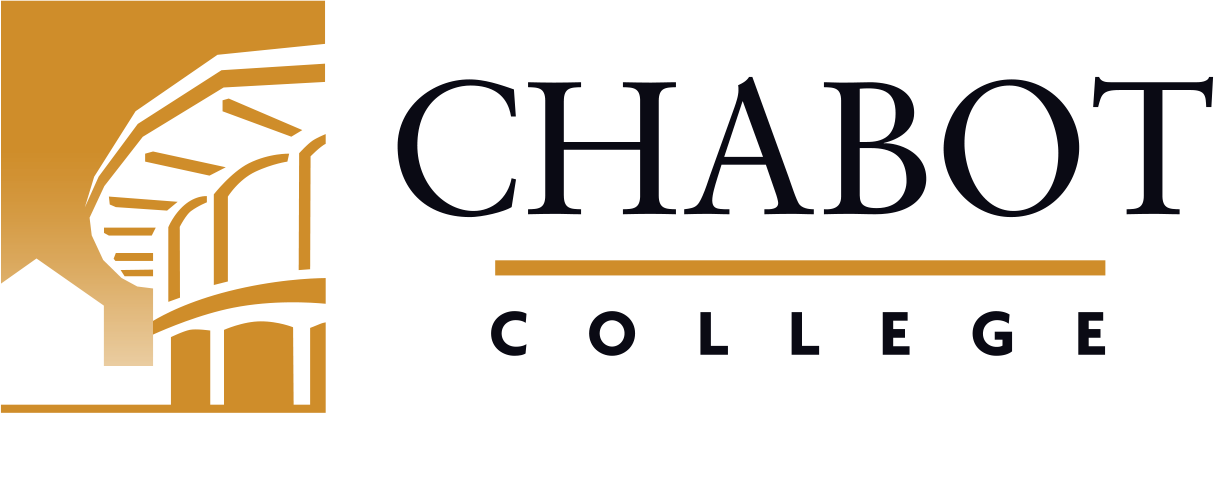
Course Outline for Music Recording Technology 32B
Game Audio Design II
Effective: Fall 2016
SLO Rev: 12/09/2016
SLO Rev: 12/09/2016
Catalog Description:
MURT 32B - Game Audio Design II
3.00 Units
Advanced creation of music and audio for video games, including implementation within a video game. Advanced music cue composition, Foley SFX recording and design, and functional implementation in a live game context.
Prerequisite: MURT 32A.
1005.00 - Commercial Music*
Letter Grade Only
| Type | Units | Inside of Class Hours | Outside of Class Hours | Total Student Learning Hours |
|---|---|---|---|---|
| Lecture | 2.00 | 36.00 | 72.00 | 108.00 |
| Laboratory | 1.00 | 72.00 | 0.00 | 72.00 |
| Total | 3.00 | 108.00 | 72.00 | 180.00 |
Measurable Objectives:
Upon completion of this course, the student should be able to:
- create professional-quality audio assets and successfully integrate them into commercially viable video games;
- compose and implement music that changes dynamically in response to game events in a commercially viable video game;
- design, create and implement unique sound, dialog, and creature voices to bring a game to life;
- demonstrate and understanding of and successfully utilize an audio asset integration middleware, such as Audioinekt Wise;
- demonstrate professional behaviors required in the game audio industry.
Course Content:
- Lecture (Content)
- Technical Considerations
- Performance Issues and Space Limitations
- Downsampling/Bit Reduction and Compression
- Quality Assurance/Testing/Functionality
- Final Delivery and Archive
- Presenting Your Work
- Lab/Studio (Content)
- Advanced video game audio concepts
- Dynamic Elements in Ambient Sound Design
- Creating Sounds to Blend with Ambience
- Temp Scores
- Using Temp Scores to Explore the Effect of Music on Games
- Adaptive Music
- Parameters and Switches
- Adaptive Composition Strategies
- Transitions
- Stingers
- Dialogue and Vocal Performance Effects
- Spotting for Dialog
- Working With Actors
- Vocal Editing & Processing
- Implementation
- Fundamentals of Middleware (Wwise)
- File Management & Organization
- Wwise implementation techniques
- Finalizing the Project
Methods of Instruction:
- Lecture/Discussion
- Demonstration/Exercise
- Presentation of audio-visual materials
- Case Study
- Practice/Demonstration
- Presentation
- Problem Solving
- Guest speakers
Assignments and Methods of Evaluating Student Progress:
- Analyze and critique advanced technical and aesthetic aspects of game audio design from a given case study.
- Record and/or synthesize, catalogue, and implement an asset list for a sample video game.
- Compose an adaptive soundscape for a changing video game environment.
- Implement various dynamic audio and music assets into a sample video game using an industry-standard audio implementation middleware.
- Work with a team to create, record, edit and implement all aspects of audio and music into a sample video game.
- Work collaboratively with vocal talent to record, edit and implement dialogue into a sample video game.
- Exams/Tests
- Projects
- Group Projects
- Final Examination or Project
- Peer student evaluation of student demonstrations
- Demonstration of practice and skills
Upon the completion of this course, the student should be able to:
- Construct a multitrack session.
- Demonstrate an appropriate implementation of basic techniques of audio signal flow through analog and digital signal chains.
- Develop a critical ear for aspects of individual tracks in a recording session.
- Explain the basic principles of acoustics and sound, including analog to digital audio conversion.
Textbooks (Typical):
- Sweet, Michael (2011). Writing Interactive Music for Video Games: A Composer's Guide (Game Design) (1st). Addison-Wesley Professional.
- Stevens, Richard (2011). The Game Audio Tutorial: A Practical Guide to Sound and Music for Interactive Games (1st). Focal Press.
Abbreviated Class Schedule Description:
Advanced creation of music and audio for video games, including implementation within a video game.
Prerequisite: MURT 32A.